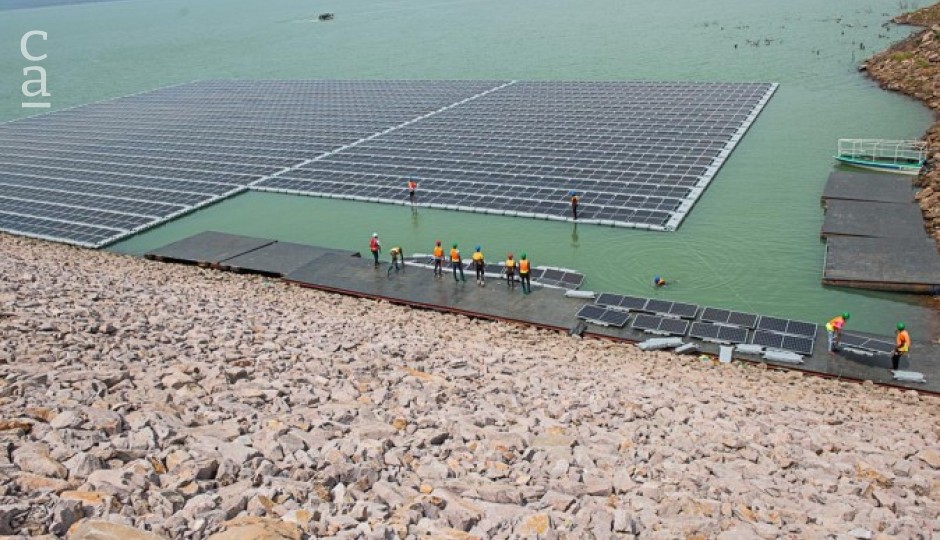Western Africa
First West African Hydro-Solar Plant To Be Developed Further In Ghana
Government diversifying energy mix by adding solar and wind to national grid.

Ghana's Bui Power Authority (BPA), working with the United States Agency for International Development (USAID) and the US Department of Energy’s National Renewable Energy Laboratory (NREL), deployed the first 50 megawatts solar power of its 250-megawatt hydro-solar hybrid project in early 2022.
The first 50-megawatt solar PV installment was deployed within the existing
Want to continue?
Subscribe to get access to premium content
By subscribing you get access to the Newsfeed, Tenders, Events

